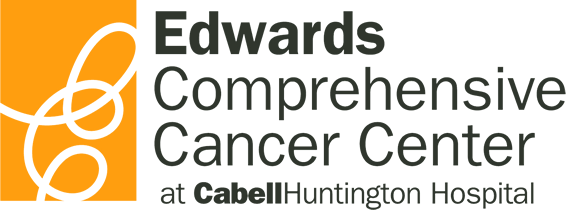Supportive Care Medicine
Supportive Care Medicine aims to relieve suffering and improve the quality of life for patients with serious illness and their families. It focuses on helping patients and their families feel better physically, emotionally and spiritually.
What is Supportive Care Medicine?
Supportive Care Medicine, also known as Palliative Care, is expert medical care dedicated to relieving the pain, distress and other symptoms that can accompany serious illness such as cancer. It is specialized care that attempts to improve outcomes by focusing on quality of life issues and taking a “big picture” approach to management.
Supportive Care Medicine:
- may provide relief from pain and other symptoms
- helps with the emotional and spiritual needs of patients and families
- offers a support system to help patients live as actively as possible with life-limiting illness
- comforts whether one has years, months or days to live
- offers a support system to help the family cope during the patient's illness and in their own grieving
- affirms life and regards dying as a normal process
Supportive Care Medicine Services
Supportive Care Medicine may be provided together with curative and life-prolonging treatment. While most medical treatments are aimed at treating the disease, Supportive Care Medicine directs its efforts at minimizing the overall impact that being seriously ill has on patients and families. Supportive care is about more care – not less. It is medical care that considers the whole person, not just the disease.
The focus of the care is on well-being; on ensuring that all reasonable treatment options are explored; on having patients and families make informed health care decisions; on maximizing comfort and minimizing unwanted hospitalizations or treatments; and on patients living the best life possible as they navigate through their journey.
Supportive Care Medicine services may include:
- Pain management
- Symptom management
- Helping patients and families make difficult decisions
- Emotional and spiritual support
- Arrangements for other services at discharge
Your care team may include:
- nurse coordinator
- physician
- clinical social worker
- pharmacist
- chaplain
- physical therapist
- occupational therapist
- dietitian
Supportive Care Medicine Specialist
Scott Mitchell, MD, is a board-certified physician specializing in supportive care medicine.
He specializes in controlling pain, alleviating psychosocial distress and addressing spiritual issues to support the continuum of care for serious and chronic illnesses such as cancer.
He received his medical degree from Marshall University Joan C. Edwards School of Medicine where he also completed his residency in family medicine. He is board certified in family medicine and hospice and palliative care.
Patients may be referred to the ECCC Supportive Care Medicine Program for consultation at any stage of cancer, including time of diagnosis. The program works collaboratively with other health care practitioners to provide the extra layer of support that patients often need while undergoing cancer treatments. While others are working to treat the disease, Supportive Care Medicine focuses its efforts on relieving the physical and emotional distress caused by the disease and assisting with planning ahead.
